In Olive Branch, MS, Charlie Zuniga and Alexia Mccarthy Learned About How To Pick Up Grass Clippings
Lastly, you slide extra wood pallets over each of these assistances. Your bin is all set for compost! Feed your compost heap in meals, not just snacks Remember that the more that you contribute to your stack at the same time, the more it warms up. Heat is great for compost.
The optimal temperature level for your compost heap should be in between 120 to 160 degrees F. This is when the product decays the fastest. While a lower temperature level will still permit for decay, it will take much longer. There are compost thermometers you can buy to determine the core temperature of your garden compost bin or pile.
When it's done, your compost heap need to not just look like rich, dark soil, it ought to likewise feel and smell like it, too. You should not have the ability to see any remnants of items that you take into it. You might also saw that finished compost will be generally half of the volume of the products you began with, but it's likewise denser. smallyardbigdreams.com companion plants
Having the right combination of waste products, wetness and air can make for a quicker compost heap. This page has to do with composting pointers and techniques. March 9, 20100 found this handy Keep it wet, for more info go to-how to garden compost, best of luck. March 15, 20100 found this useful Turn it a number of time a week and keep it damp however not dripping.
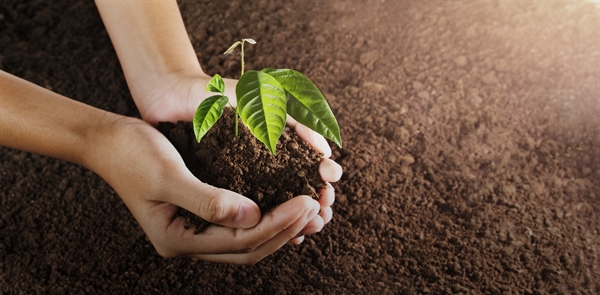
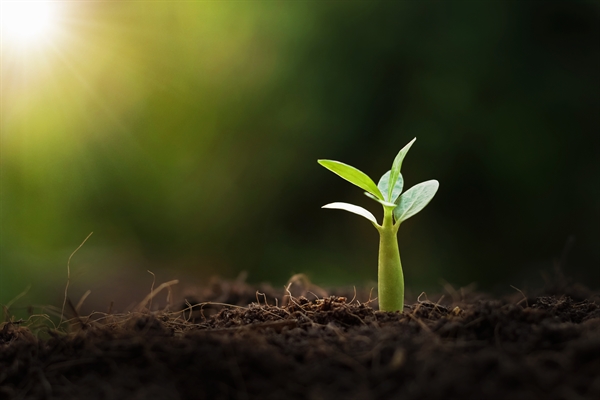
You'll know it is completed when it no longer is as hot when you turn it. If your lawn clippings were green and not dry, this pile is going to be extremely high in nitrogen sources and lacking in carbon sources. Do you have any fallen leaves, shredded newspaper, wood chips, or other low-nitrogen waste you can include to it? High nitrogen piles tend to be more stinky, if I remember properly.
I do not have natural eggshells to garden compost. I've checked out so numerous eggs having illness. If I hardboiled eggs, then I put the eggshells in the compost since the eggshells have actually been boiled. However, lot of times I use eggs out of the shells, so I have actually been cleaning the eggshells in the dishwater and washing them tidy after I am done doing the dishes.
Every year, American consumers, businesses, and farms invest $218 billion growing, processing, transferring, and getting rid of food that is never eaten. That's 52 million heaps of food sent out to land fills annually, and 10 million loads that go unharvested or discarded on farms. You can do your part to combat food waste by composting fruits and vegetables from your kitchen.
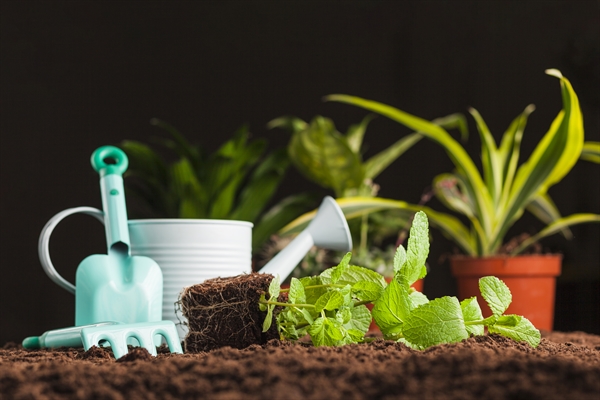
Win-win! Here are some pointers for making garden compost. Compost heap, tumbler, or worm bin? All of it depends on your space and readily available time. A compost stack is terrific for those with lots of waste and backyard area. A tumbler will do in almost any size lawn, and a worm bin can fit even in the smallest house, although it will require more attention (you're dealing with animals, after all).
Get the mix right. Whether you're tossing food on a stack or feeding worms, the guidelines about what to add to your garden compost are typically the same. Initially, ensure you have the appropriate ratio of "green" (food scraps) and "brown" (leaves or paper trimmings). Never ever include pet waste, plastic, animal items or fat, chemically-treated items, or weeds.
In Dekalb, IL, Gaven Choi and Maria Haynes Learned About Turn Grass
Consider your worms vegan. For worm compositing, a good guideline is: don't provide any components to the worms that you would not feed to a vegan relative. Bear in mind that these are living animals (here's a great list of foods worms like and don't like). Keep it ventilated. Pests and diseases will take off in a composting setup that isn't properly ventilated and balanced.
One indication: the odor. If it's cool, you'll need to make changes. Good compost smells fresh. Break it down first. Food scraps and yard waste that's too large or hard will take a very long time to break down. Cut the scraps into smaller pieces first before putting on your pile to accelerate the procedure.
Know when to harvest. Great deals of compost tumblers feature 2 chambers so that after you have actually filled one with the right mix of leaves and food scraps, you can leave it be for a few months while including to the other chamber. Worms too, will take about three months to convert a constantly fed quote from food waste to compost.
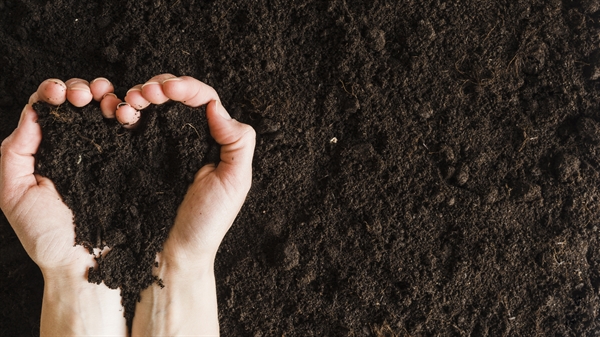
When you produce your own compost, you'll get the benefit of healthy fertilizer for your garden. Completed compost should resemble dark soil, smell fresh, and have no food scraps left in it. If you're not into gardening, you could constantly use a composting pick up or drop off service. Some municipalities even have curbside compost! ___ PHOTO: cat meets goat/Flickr.
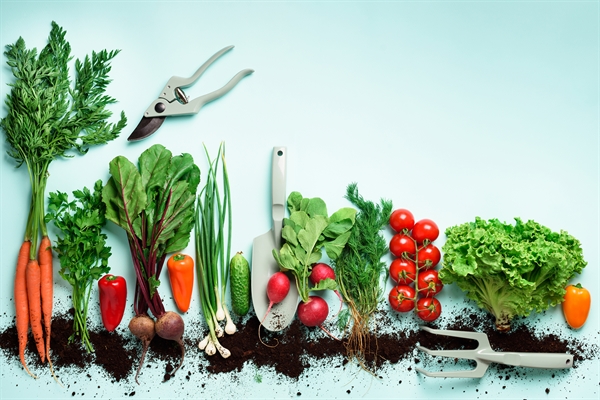
Suggestions to make your garden compost making a success. These can be contributed to your garden compost heap but the very best usage of them is to make leafmould. Stuff wet leaves into black plastic sacks (loosely connected), or an open wire mesh container. The resulting leafmould is ready to utilize after a year or 2.
Additionally, leave on the yard whenever possible - they will quickly disappear and feed the yard; this will not cause 'thatch'. Can also be mixed into a leafmould stack, or used directly as a soil mulch. Plant materials suffering from soil-borne illness such as clubroot and white rot need to not be contributed to a compost load.

Diseases that don't need living matter to make it through, such as grey mould, mildews, and wilts, may make it through in a cold heap. However heat is not the only element that will kill diseases: the extreme microbial activity in a compost pile likewise assists to dispose of them. Some diseases, such as tomato and potato blight require living plant tissue to survive and will not last long without it.
If in doubt, leave it out. Issue products can be sent out to your local council green waste recycling center where the composting methods are hot sufficient to kill any issue organisms. that do not require living plants to survive - grey mould, mildews, wilts - might make it through in a slow, cool heap.
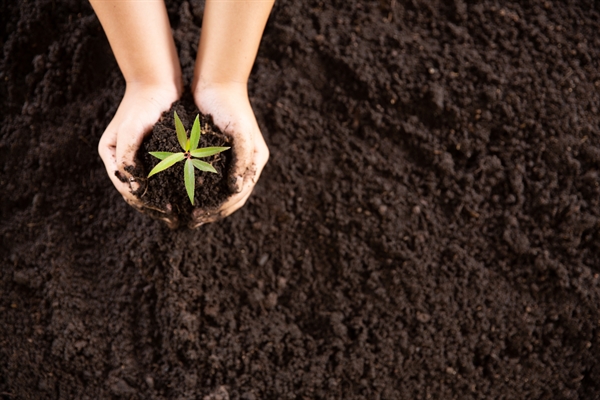
Some seasonal weeds will be eliminated in a hot load; avoid really persistent scaries such as celandine, docks, bulbous buttercup, ground older and bindweed. Do not burn or dump these weeds - they are rich in plant foods. Mix with grass mowings in a plastic sack. Connect it up and leave for a few months till the weeds are no longer recognisable, then include to the compost heap.
In 96815, Maggie Hatfield and Eli Simmons Learned About Can You Use Grass Clippings As Mulch
Weed seeds may survive a cool load, however must be killed in a hot one. If your garden compost tends to grow weeds, dig it in instead of spreading it on the soil surface area. Slice or shred hard prunings and clippings from evergreen hedges prior to contributing to a combined garden compost stack.
Mix with grass or other activating material; water well. Tread down the heap, then cover. In anything from a couple of months to a few years you will have a coarse mulch which can be utilized on perennial beds. Strawy horse and cattle manure composts well. Manure combined with wood shavings should be left to rot till the shavings have actually disintegrated.
When decomposed usage as a surface mulch. Small pets, like hamsters, do not produce numerous droppings but you can still utilize their waste as a strawy addition to the compost stack. Guinea pigs are marvellous - they like eating weeds and convert them rapidly to prime compost product! Paper can be contributed to a compost heap, however in any quantity it must go for recycling into more paper.
They are particularly helpful where kitchen scraps comprise a high percentage of the compost components. Glossy paper takes a very long time to rot down. Coloured inks are quite safe to compost. Extremely slow to decay. Raw or uncomposted wood shavings included into the soil can lock up soil nitrogen, making it unavailable for plants for a year or more.
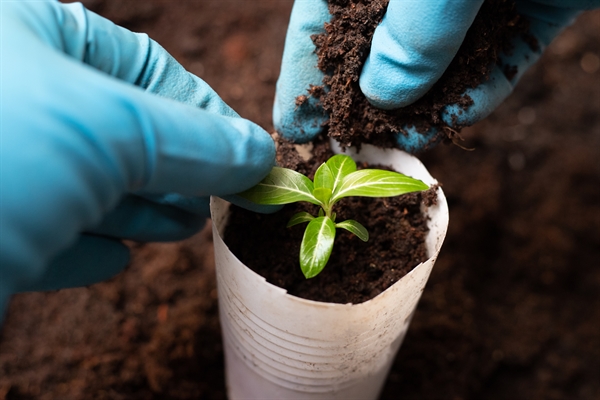
Share this idea!Food scraps and yard waste comprise about a quarter of overall family trash, according to the Environmental Defense Agency. Composting organic waste is an excellent way to save land fill space and lower methane gas emissions while creating a rich fertilizer that will help your garden soil keep moisture.
Companion Plants Resource
Additional ResourcesAlthough there are various methods to house composting, these garden compost ideas will help get any outdoor pile off to a good start. To keep your garden compost pile healthy and delighted, it requires nitrogen, carbon, air and water. Maintain this balance by feeding it equivalent parts green and brown components. Green materials-- such as veggie and fruit waste, coffee premises, lawn clippings and eggshells-- include nitrogen.
https://smallyardbigdreams.com/knowledge-base/companion-plant-index/When the compost has a great deal of fresh materials, it is incredibly crucial to stir it at least once a week. Aerobic germs, which are really essential to decay, need oxygen to prosper. When oxygen levels drop (when the compost isn't stirred occasionally), anaerobic bacteria take control of the procedure,

